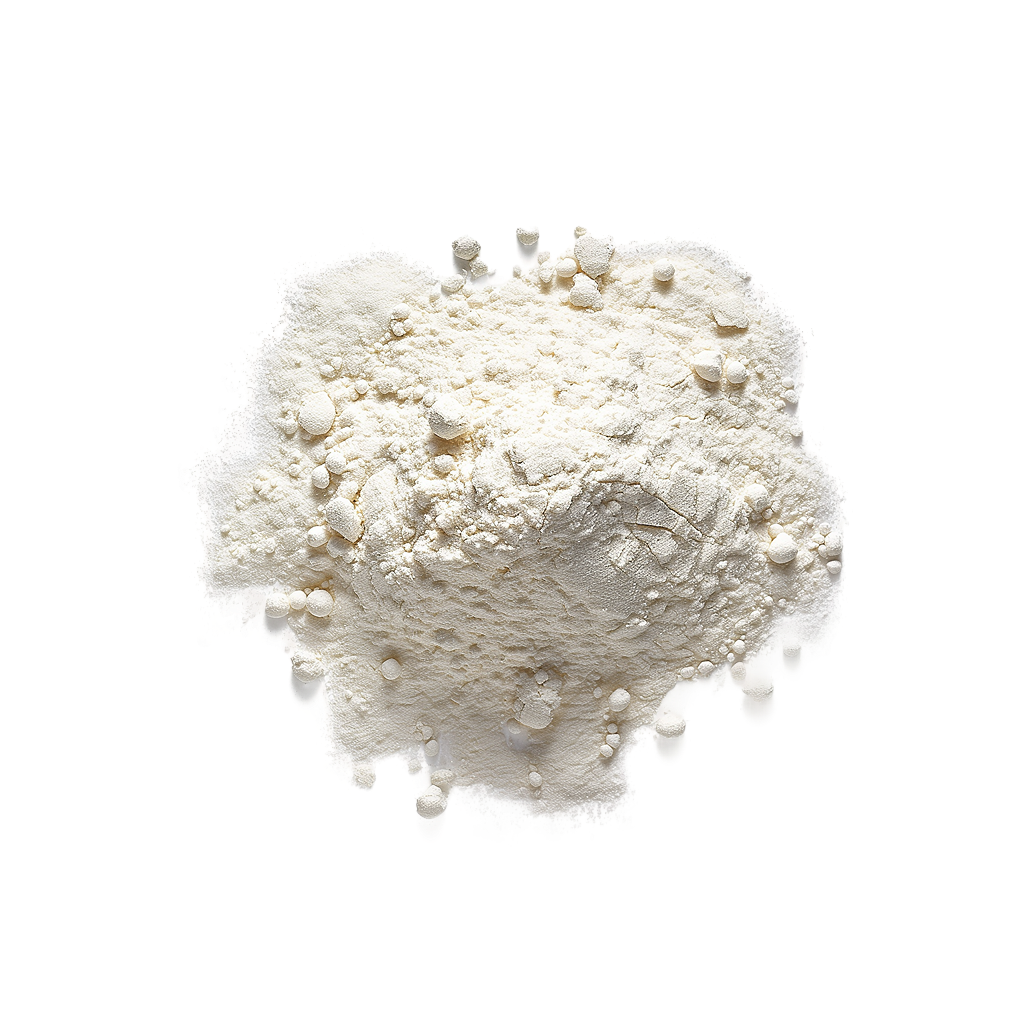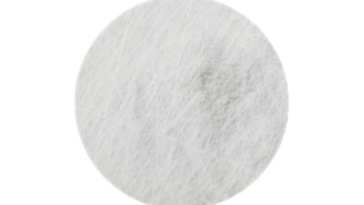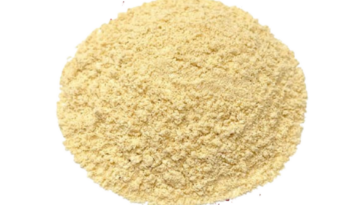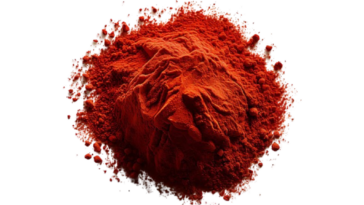Lactobacillus reuteri, often abbreviated as L. reuteri, is a type of bacteria found in the gastrointestinal tract of humans and other animals. It was first isolated and identified by German microbiologist Gerhard Reuter in the 1960s from the breast milk of a lactating mother. This discovery marked the beginning of scientific interest in L. reuteri and its potential health benefits. Subsequent research has revealed that L. reuteri is a versatile probiotic bacterium that colonizes various parts of the body, including the intestines, oral cavity, and even the urinary tract.
The origins of L. reuteri can be traced back to its co-evolutionary relationship with humans and other mammals. As a commensal bacterium, L. reuteri has adapted to thrive in the warm, acidic environments of the digestive system, where it plays a role in maintaining gut health and supporting digestion. It is believed that L. reuteri may have been passed down from generation to generation through breastfeeding and other forms of maternal-infant transmission, contributing to the establishment of the gut microbiota in early life. Today, L. reuteri is commonly used as a probiotic supplement to promote digestive health, boost the immune system, and support overall well-being.
Vitamins & Minerals:
Lactobacillus reuteri is a probiotic bacterium that naturally inhabits the human gastrointestinal tract. While it’s not a direct source of vitamins and minerals itself, its presence and activity in the gut can indirectly influence the absorption and utilization of certain nutrients. Additionally, L. reuteri has been associated with the production of certain vitamins within the gut microbiome, though research in this area is ongoing and not fully elucidated.
One notable function of L. reuteri is its potential to enhance the absorption of certain minerals like calcium. Studies have shown that L. reuteri can positively influence bone health by increasing calcium absorption in the intestines. This bacterium may do so by modulating the expression of genes related to calcium transport in the intestinal epithelium. By enhancing calcium absorption, L. reuteri could contribute to maintaining bone density and preventing conditions like osteoporosis. Furthermore, L. reuteri may also play a role in the metabolism of other minerals such as iron and magnesium, though the mechanisms behind these interactions are still being explored.
Regarding vitamins, L. reuteri has been investigated for its potential to synthesize certain B vitamins, particularly folate (vitamin B9). Folate is essential for various cellular processes, including DNA synthesis and repair, making it crucial for overall health. While human cells cannot produce folate on their own, certain bacteria, including L. reuteri, have the enzymatic machinery required for folate synthesis. Therefore, L. reuteri may contribute to folate production within the gut microbiome, potentially enhancing overall folate status and supporting various physiological functions. Additionally, L. reuteri may indirectly influence the metabolism and absorption of other vitamins, such as vitamin K, through its effects on gut health and microbial balance.
Probiotic, Prebiotic, or Postbiotic:
Lactobacillus reuteri (L. reuteri) can primarily act as a probiotic. Probiotics are live microorganisms that, when administered in adequate amounts, confer a health benefit on the host. L. reuteri is a species of bacteria that naturally inhabits the gastrointestinal tract and is commonly found in the human microbiome. When consumed in adequate quantities, L. reuteri can positively influence gut health by supporting a balanced microbial community, aiding in digestion, and potentially offering other health benefits such as immune support and reducing symptoms of gastrointestinal disorders.
However, it’s worth noting that L. reuteri can also produce certain compounds that act as postbiotics. Postbiotics are metabolic byproducts or components derived from probiotic microorganisms that confer health benefits on the host. For example, L. reuteri can produce short-chain fatty acids (SCFAs) such as acetate, propionate, and butyrate through the fermentation of dietary fibers in the gut. These SCFAs can provide energy to the cells lining the colon, help maintain intestinal barrier function, and have anti-inflammatory effects.
As for prebiotic activity, L. reuteri itself doesn’t serve as a prebiotic. Prebiotics are non-digestible fibers that stimulate the growth and activity of beneficial bacteria in the gut. However, L. reuteri can thrive in the presence of certain prebiotic substances such as inulin, oligosaccharides, and other dietary fibers. So while it doesn’t directly fulfill the definition of a prebiotic, its growth and activity can be enhanced by prebiotic compounds.
In summary, L. reuteri primarily acts as a probiotic, contributing to gut health by supporting a balanced microbiome. Additionally, it can produce beneficial compounds that exhibit postbiotic effects, such as short-chain fatty acids. While it doesn’t serve as a prebiotic itself, its growth can be promoted by the presence of prebiotic substances in the diet.
Dietary & Health Information:
Lactobacillus reuteri (L. reuteri) is a type of bacteria that naturally exists in the human gut. It’s considered a probiotic, which means it’s beneficial for gut health. Here’s some dietary and health information regarding L. reuteri:
- Sources: L. reuteri can be found in certain fermented foods like yogurt, kefir, sauerkraut, and some types of cheese. It’s also available as a dietary supplement in the form of capsules, tablets, or powder.
- Health Benefits: L. reuteri is believed to offer several health benefits, including:
- Improved Digestive Health: It helps maintain a healthy balance of gut bacteria, which can aid digestion and reduce symptoms of digestive issues like bloating, gas, and diarrhea.
- Immune Support: Some research suggests that L. reuteri may help strengthen the immune system by enhancing the body’s natural defenses against pathogens.
- Potential Cardiovascular Benefits: There’s some evidence to suggest that L. reuteri may help lower cholesterol levels and reduce the risk of heart disease, although more research is needed in this area.
- Management of Infant Colic: L. reuteri has been studied for its potential to reduce symptoms of infant colic, such as excessive crying and fussiness.
- Recommended Dosage: The optimal dosage of L. reuteri can vary depending on factors like age, health status, and the specific strain of bacteria used. However, typical doses for adults range from 100 million to 10 billion colony-forming units (CFUs) per day, taken either as a supplement or from dietary sources.
- Maximum Intake: While L. reuteri is generally considered safe for most people, there isn’t a well-established maximum intake limit. However, it’s always a good idea to follow the recommended dosage on supplement labels or to consume L. reuteri-rich foods in moderation. Excessive intake of probiotics could potentially lead to temporary digestive discomfort like gas or bloating in some individuals.
- Precautions: If you have a compromised immune system, are undergoing medical treatment, or have any concerns about adding L. reuteri to your diet, it’s best to consult with a healthcare professional before starting any new supplement regimen.
As with any dietary supplement, it’s important to remember that individual responses to probiotics can vary, so it may take some trial and error to find the dosage and form of L. reuteri that works best for you.




 No products in the cart.
No products in the cart.